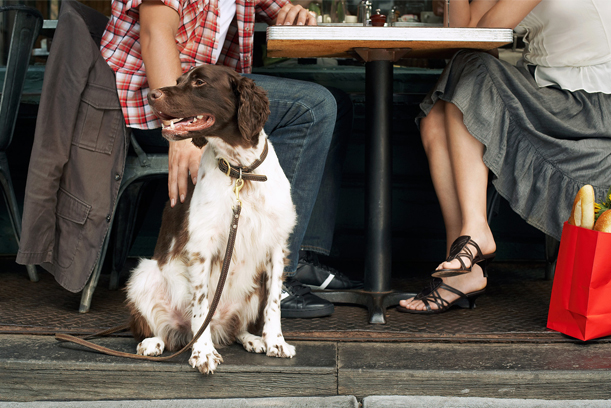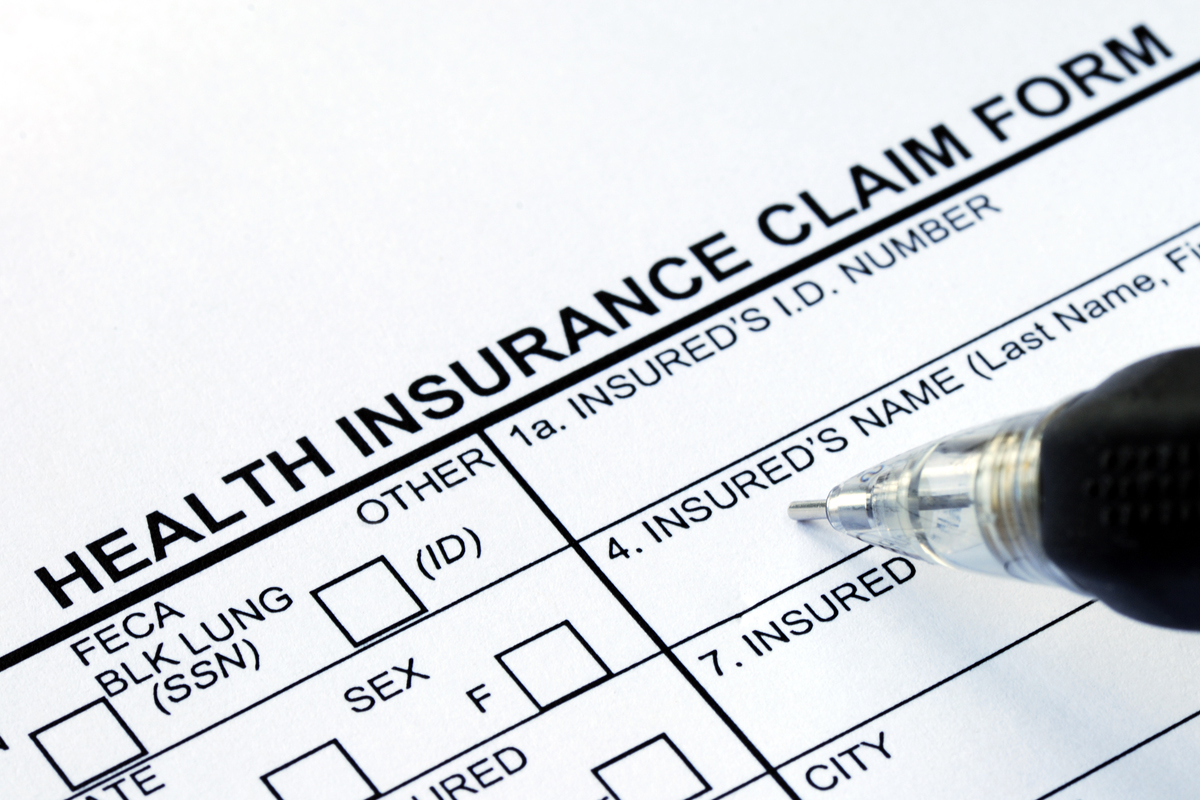
Allowing animals in restaurants has been an ongoing discussion for many restaurant owners, dog enthusiasts, dog critics, and public officials across the United States for some time. Officials and critics site facts about health and safety hazards while enthusiasts and owners rally around training and health benefit defenses. As it stands, the law is slightly different across the states and many states have yet to weigh in. To stay within the law of Louisiana and to also stay safe from the hazards and health risks that accompany the issue, we’ve compiled what Louisiana has permitted concerning dogs in restaurants.
Dog and Restaurant Laws and Risks in Louisiana
Louisiana Law for Dogs in Restaurants
According to the United States Food and Drug Administration, allowing dogs in public places and restaurants is limited and restaurants have to meet strict requirements for dogs to be allowed anywhere near the premises. Dog owners are required to vaccinate their dogs and are also responsible for their pet’s behavior and any damage it causes when in a public area.
The FDA states that in a restaurant, dogs are not legally permitted to enter any location where food is being prepared. If the restaurant cannot guarantee that utensils, linens, and serving equipment will not be exposed or contaminated by the dog’s presence then the dog is not allowed to be there. This means self-closing doors and appropriate separation from the dining areas and the food preparation areas must exist. In addition, all restaurant equipment that customers may use must be kept in closed containers. Restaurants are never allowed to serve dogs food from the same equipment that human customers eat from. That means restaurants are required to make sure dog owners don’t let their dogs take a piece of food from their plate or fork.
 Exceptions for Dogs in Restaurants
Exceptions for Dogs in Restaurants
As with any law, certain exceptions exist that allow dogs to be in restaurants in specific cases. The most obvious exception is service animals for people who have disabilities. These dogs are highly trained to perform actions that their owners have trouble completing on their own but even then these dogs are still restricted from the cooking areas of the restaurant. Another exception is patrol dogs that are accompanying police or security officers.
Risks for Allowing Dogs in Restaurants
While dogs can be extremely well trained, there is always the potential for a dog to bite someone. A loud noise, an accidental bump, or an unfamiliar person can cause a dog to bite, resulting in tissue and nerve damage.
Having a dog in a restaurant introduces many other threats to customers. Pet dander and hair can cause other restaurant customers to have allergic reactions. The Asthma and Allergy Foundation of America has stated that three of 10 people in the United States suffer from allergic reactions to cats and dogs, so having dogs in restaurants can cause problems for many people.
Along w ith the common health risks, dogs bring in more severe health risks as well. Naturally, dogs have to use the restroom and when they are confined to an area, whether it is an eating establishment or not, they will go to the restroom when they need to go. This brings in the risk for sickness for customers if the restaurant is not properly maintained and sanitized by the restaurant staff after each accident. Dogs also have the potential to bite restaurant patrons, too. They can also psychologically affect people. Those who are afraid of dogs or who have been attacked by a dog in the past can feel extremely uncomfortable around dogs, no matter how well the dog is trained.
ith the common health risks, dogs bring in more severe health risks as well. Naturally, dogs have to use the restroom and when they are confined to an area, whether it is an eating establishment or not, they will go to the restroom when they need to go. This brings in the risk for sickness for customers if the restaurant is not properly maintained and sanitized by the restaurant staff after each accident. Dogs also have the potential to bite restaurant patrons, too. They can also psychologically affect people. Those who are afraid of dogs or who have been attacked by a dog in the past can feel extremely uncomfortable around dogs, no matter how well the dog is trained.
Ultimately, it is up to the restaurant owners whether or not dogs are allowed in their place. They have to consider all the risks and take extreme precaution to ensure sanitation if they decide to allow them. Restaurants and business establishments may be responsible for attacks and other health or safety risks associated with allowing dogs on their premises.
This site is intended purely as a resource guide for educational and informational purposes and is not intended to provide specific legal advice. Any information provided on this site should not be used as a substitute for competent legal advice from a professional attorney in your state. The use and receipt of the information offered on this site is not intended to create, nor does it create, an attorney-client relationship. The content of an e-mail sent to Scott T. Gegenheimer Attorney at Law or any of its attorneys will not create an attorney-client relationship and will not be treated as confidential.


